Chainlink, a prominent decentralized oracle network, recently addressed concerns about modifications to its multisig wallet. The company shifted its multi-signature wallet's security requirement, necessitating four out of eight signatures to approve a transaction. This shift, from the previous 4-of-9 setup, drew substantial attention and criticism, especially on the social media platform X, previously known as Twitter.
Chris Blec, a well-regarded figure in the crypto research space, was one of the prominent voices that questioned Chainlink's decision. He referred to a post by an anonymous user which displayed that an address was removed from Chainlink's multisig wallet. This was done without any formal announcement by the company.
Despite the growing concerns within the cryptocurrency community, Chainlink offered clarification. A representative from the company communicated to Cointelegraph that this change is a regular procedure. They explained that the multisignature Gnosis Safes, tools essential for Chainlink's reliable functionality, underwent an update. This update was merely a part of a routine signer rotation, and the standard signature threshold remained unchanged.
It's worth noting that Blec's reservations about Chainlink aren't new. He has previously expressed concerns about potential risks associated with Chainlink's system. He emphasized that a mishap or malicious intent from Chainlink's signers could jeopardize the entire DeFi ecosystem. Blec highlighted that many leading DeFi projects, such as Aave and MakerDAO, depend heavily on Chainlink’s oracles for accurate price data.
Chainlink's main function is to serve as a bridge. It allows Ethereum-based smart contracts to securely interact with real-world data, extending beyond the confines of blockchain networks.
On a related note, Chainlink's native LINK token has witnessed an impressive upward trajectory lately. Recent data reveals a near 20% increase in its value over the past month.







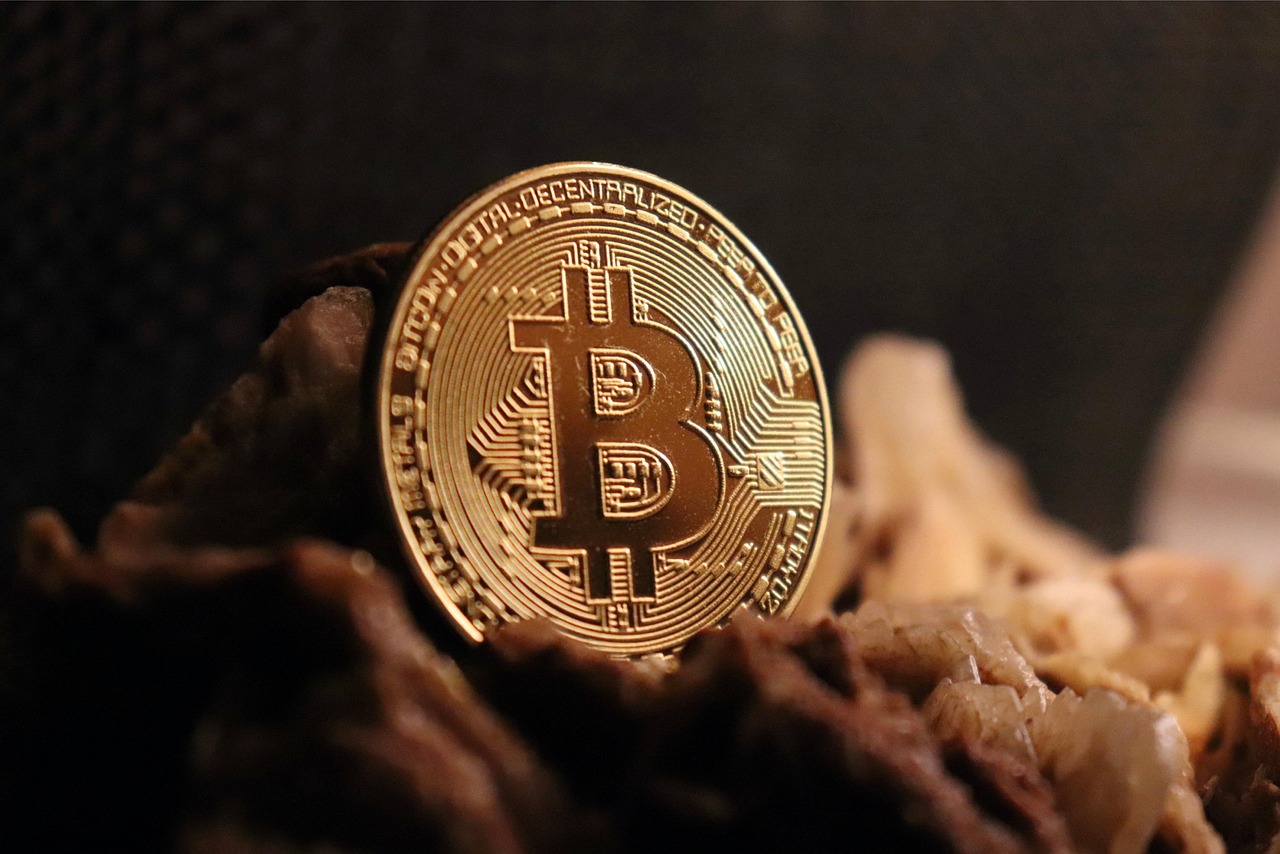

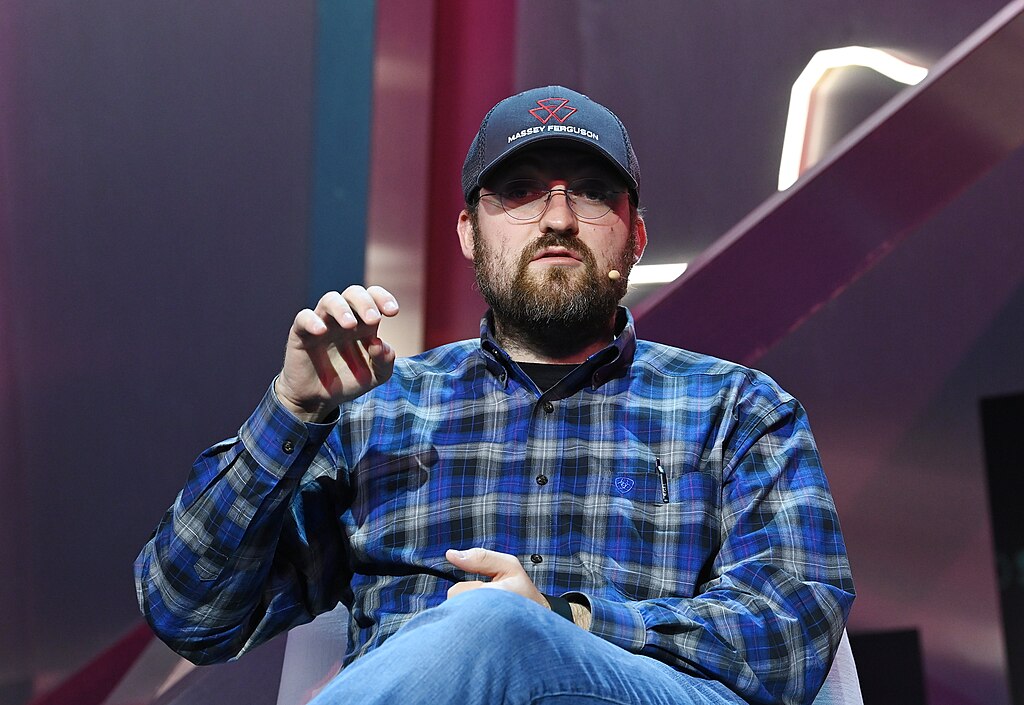

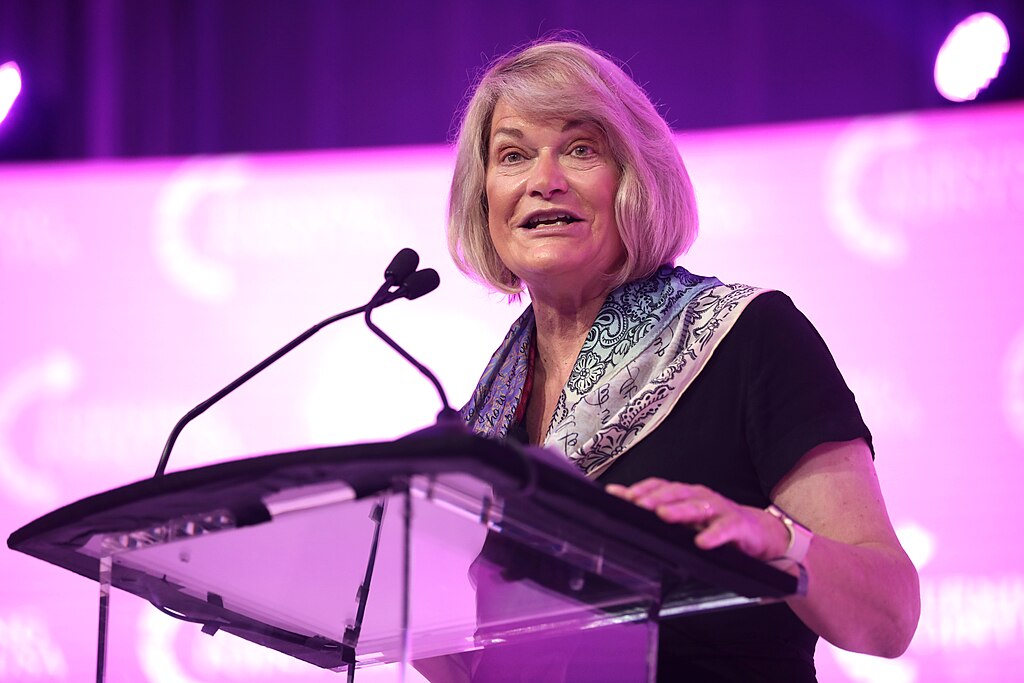
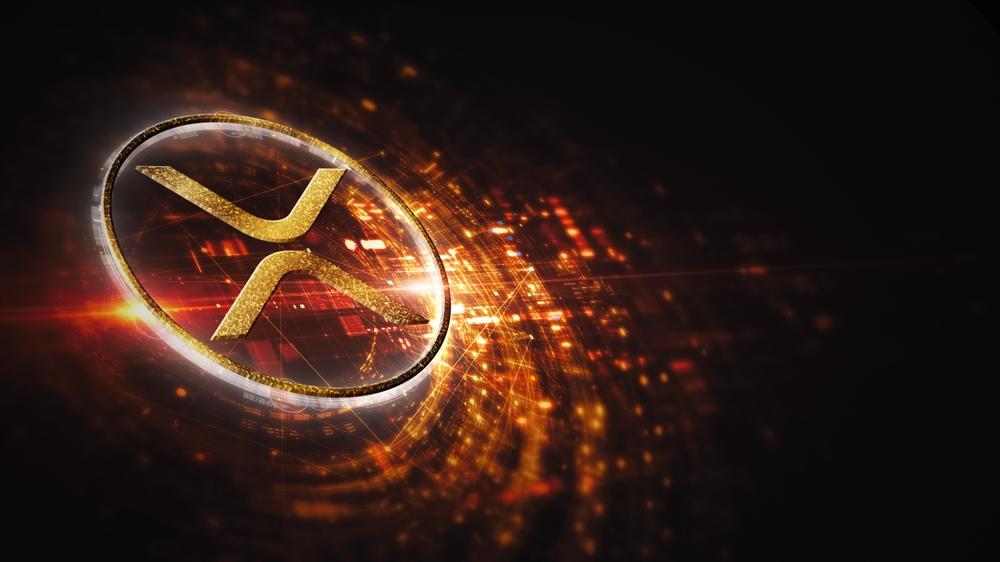


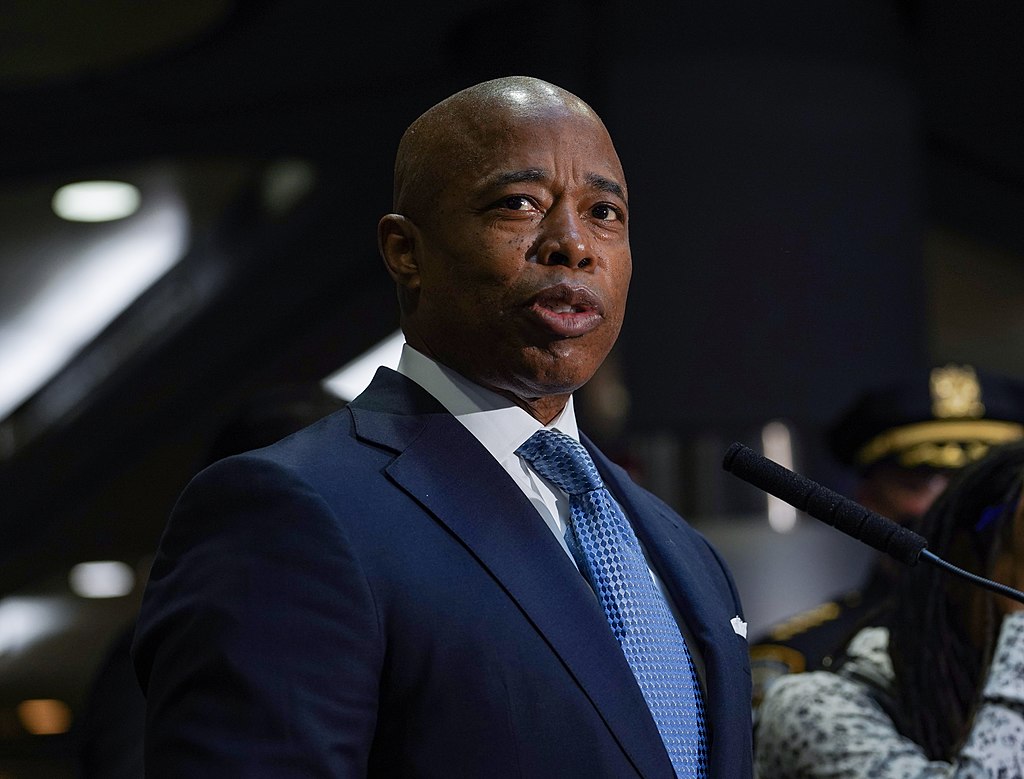
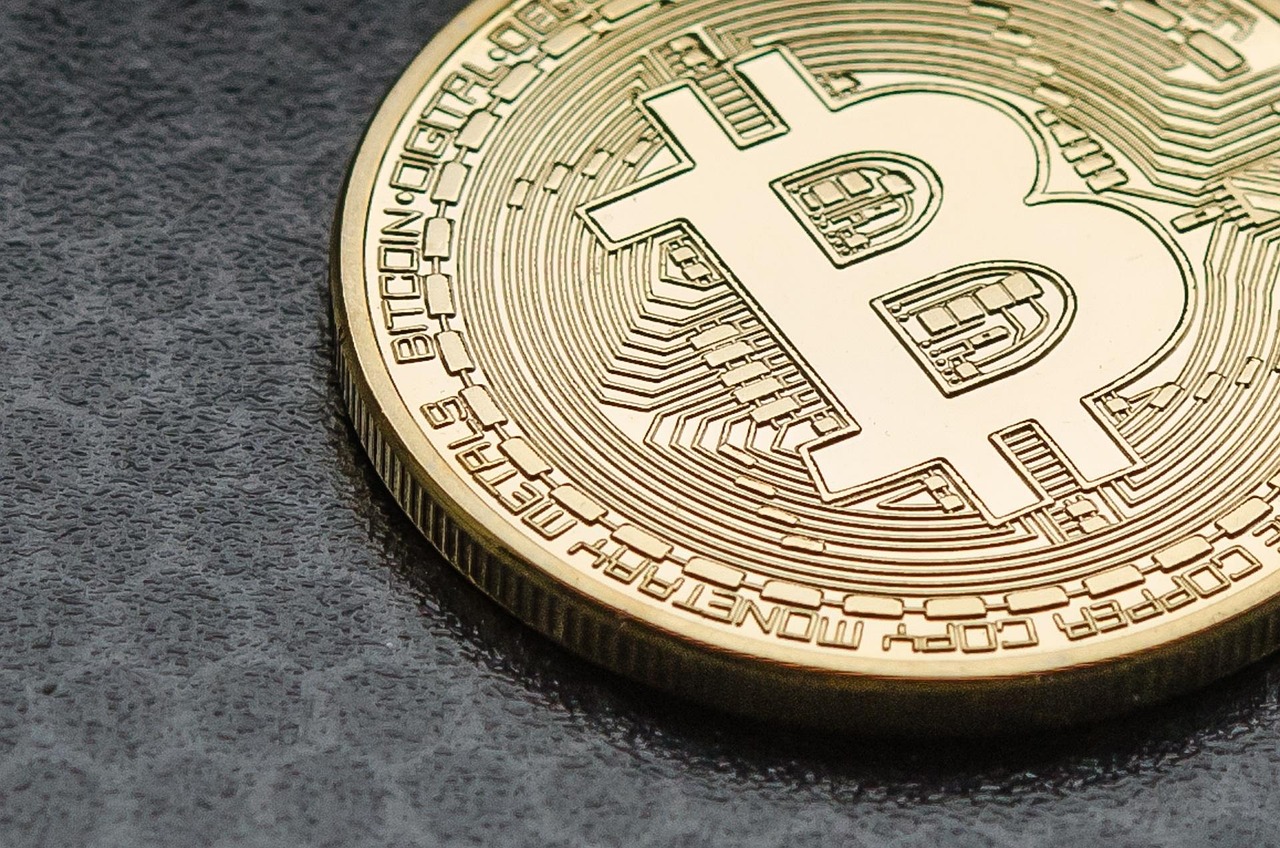




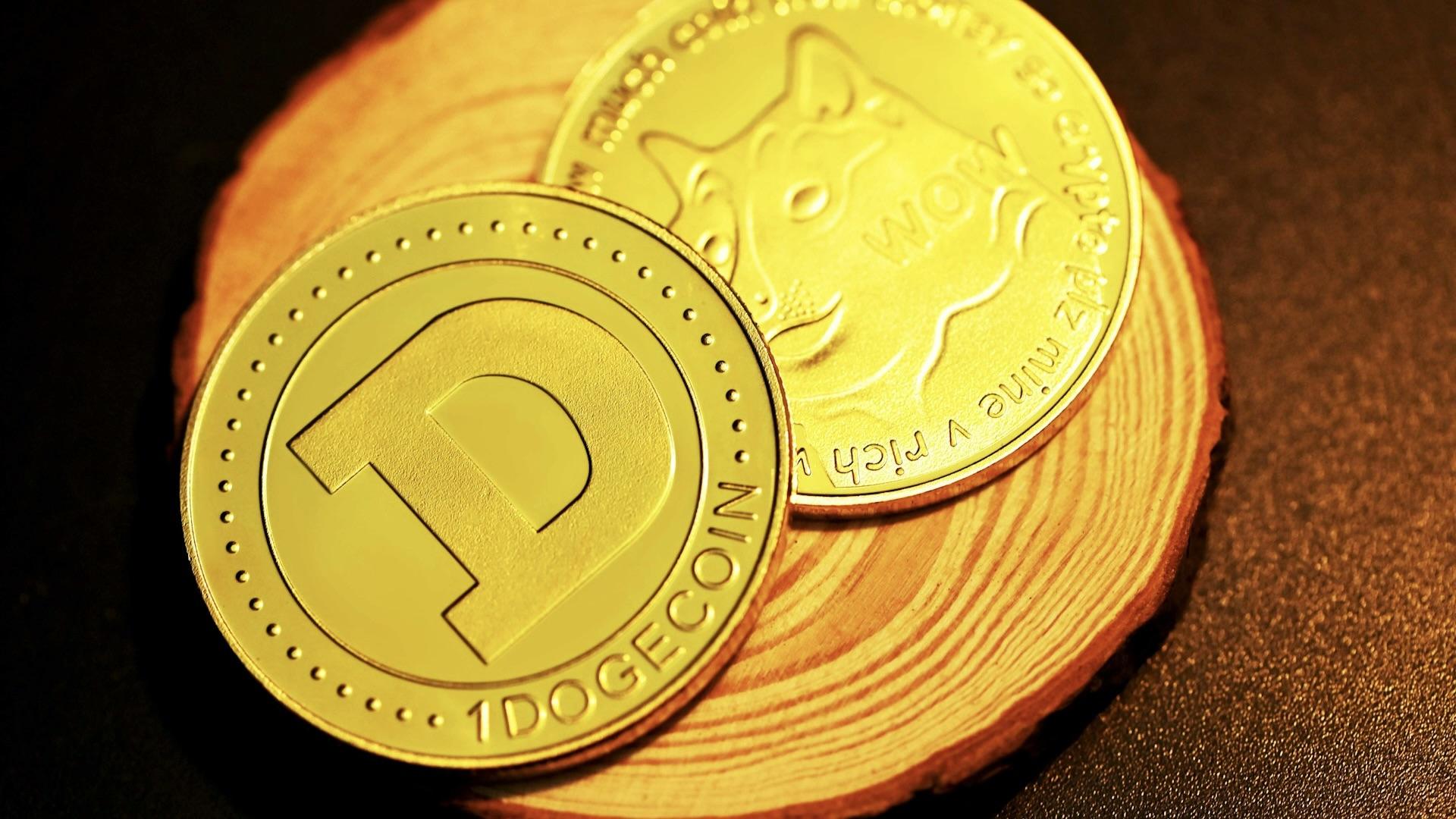
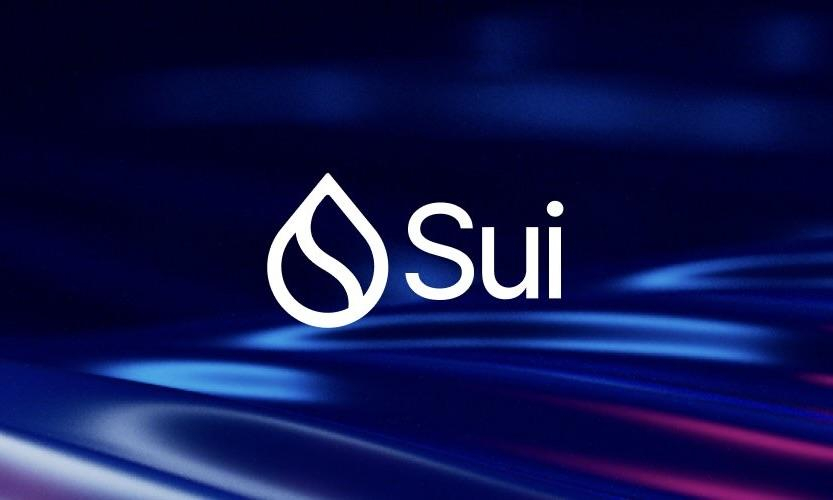



Comment 0